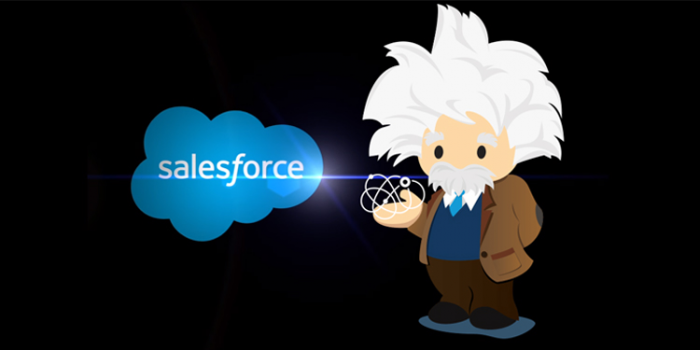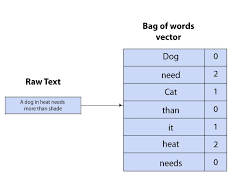Generative AI, Salesforce, and the Commitment to Trust
The excitement surrounding generative AI is palpable as it unlocks new dimensions of creativity for individuals and promises significant productivity gains for businesses. Engaging with generative AI can be a great experience, whether creating superhero versions of your pets with Midjourney or crafting pirate-themed poems using ChatGPT.
According to Salesforce research, employees anticipate saving an average of 5 hours per week through the adoption of generative AI, translating to a substantial monthly time gain for full-time workers. Whether designing content for sales and marketing or creating a cute version of a beloved story, generative AI is a tool that helps users create content faster.
However, amidst the enthusiasm, questions arise, including concerns about the security and privacy of data. Users ponder how to leverage generative AI tools while safeguarding their own and their customers’ data. Questions also revolve around the transparency of data collection practices by different generative AI providers and ensuring that personal or company data is not inadvertently used to train AI models. Additionally, there’s a need for assurance regarding the accuracy, impartiality, and reliability of AI-generated responses.
Salesforce has been at the forefront of addressing these concerns, having embraced artificial intelligence for nearly a decade. The Einstein platform, introduced in 2016, marked Salesforce’s foray into predictive AI, followed by investments in large language models (LLMs) in 2018. The company has diligently worked on generative AI solutions to enhance data utilization and productivity for their customers.
The Einstein Trust Layer is designed with private, zero-retention architecture.
Emphasizing the value of Trust, Salesforce aims to deliver not just technological capabilities but also a responsible, accountable, transparent, empowering, and inclusive approach. The Einstein Trust Layer represents a pivotal development in ensuring the security of generative AI within Salesforce’s offerings.
The Einstein Trust Layer is designed to enhance the security of generative AI by seamlessly integrating data and privacy controls into the end-user experience. These controls, forming gateways and retrieval mechanisms, enable the delivery of AI securely grounded in customer and company data, mitigating potential security risks. The Trust Layer incorporates features such as secure data retrieval, dynamic grounding, data masking, zero data retention, toxic language detection, and an audit trail, all aimed at protecting data and ensuring the appropriateness and accuracy of AI-generated content.
Salesforce proactively provided the ability for any admin to control how prompt inputs and outputs are generated, including reassurance over data privacy and reducing toxicity.
This innovative approach allows customers to leverage the benefits of generative AI without compromising data security and privacy controls. The Trust Layer acts as a safeguard, facilitating secure access to various LLMs, both within and outside Salesforce, for diverse business use cases, including sales emails, work summaries, and service replies in contact centers. Through these measures, Salesforce underscores its commitment to building the most secure generative AI in the industry.
Generating content within Salesforce can be achieved through three methods:
CRM Solutions:
- Salesforce offers robust CRM solutions such as Sales Cloud and Service Cloud, which leverage generative AI features to assist users in content creation. For instance, Einstein Reply Recommendations utilizes generative AI to aid users in crafting optimal chat responses based on customer history and ongoing conversations.
Einstein Copilot Studio:
- The recently introduced Einstein Copilot Studio amalgamates various tools, including Prompt Builder. This tool facilitates the construction of prompt templates by incorporating merge fields from records and data sourced from Flow and Data Cloud. Users can generate text responses for field values, emails, and responses within flows.
Einstein LLM Generations API:
- Developers will soon have the capability to make calls to Einstein directly within Apex using the Einstein LLM Generations API. This advancement enables the generation of responses from a Language Model (LLM) anywhere in Salesforce, seamlessly integrating AI into all applications developed.
An overarching feature of these AI capabilities is that every Language Model (LLM) generation is meticulously crafted through the Trust Layer, ensuring reliability and security.
At Tectonic, we look forward to helping you embrace and utilize generative AI with Einstein save time.
🔔🔔 Follow us on LinkedIn 🔔🔔













